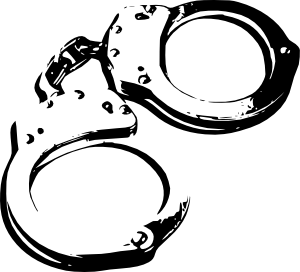

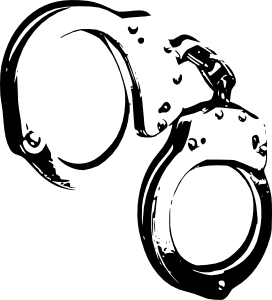
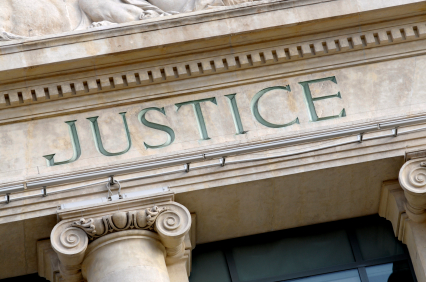

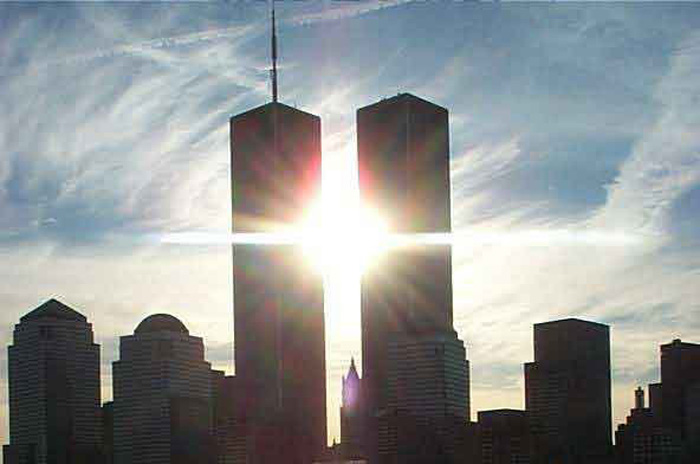
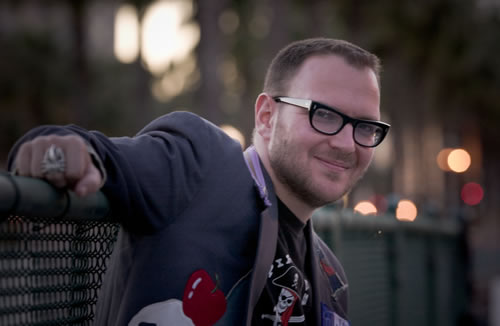
In Cory Doctorow's, Little Brother, the issue of surveillance plays a large role in the story. The main character, Marcus, a rebellious tech-savvy teenager, tries to trick the system by creating his own communication network through the Xbox in hopes to achieve justice in his city, where terrorists recently bombed the Bay Bridge. The DHS (Department of Homeland Security) responded to this disaster by kidnapping innocent people and implementing surveillance systems all over the town. Throughout the book, everyone is continuously being tracked, analyzed and watched by the government. Credit and debit card transactions are monitered, policemen arrest those with suspicious subway riding patterns, cameras are installed within schools, etc.
So to answer the overarching question stated in my home page regarding surveillance (Are there ways in which our justice system has become more unfair due to instances such as 9/11?), I believe the answer is yes. In this book, the government went a bit far in attempting to catch suspects. Additional terror spread throughout San Francisco as a result of the DHS's excessive use of surveillance. In this case, peoples' Constitutional rights were breached in that their right to privacy was invaded.


